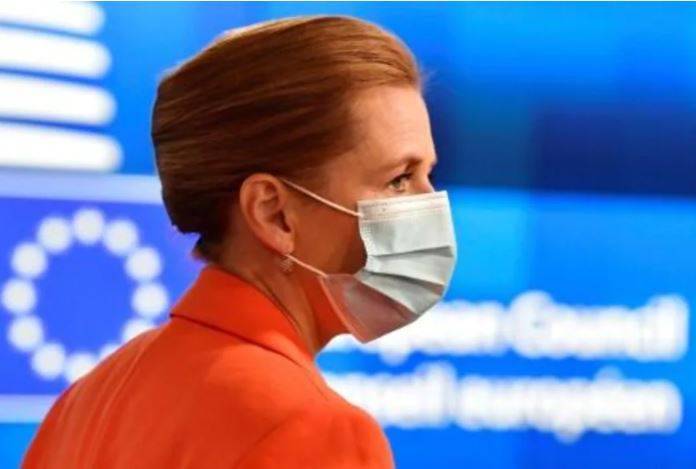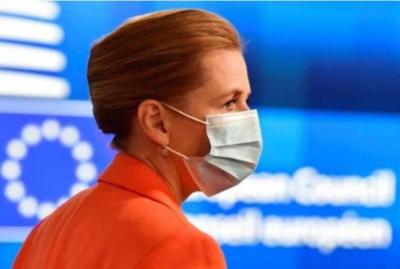Immigrants in Denmark will be required to work 37 hours a week in exchange for social welfare benefits, the government announced on Tuesday. Immigration and integration have become extremely important issues for voters in Denmark, which prides itself on having some of the strictest immigration policies in Europe. The government, which has set a goal of "zero asylum applications," stated that the plan aims to help immigrants integrate into society. Prime Minister Mette Frederiksen told reporters, "We want to adopt a new logic of work, where people have a duty to contribute and be useful, and if they cannot obtain a regular job, they should work for their benefits." She added, "For many years, we have wronged many people by not asking anything from them," explaining the plan that needs parliamentary approval.
Left Unity party spokesperson Mai Villadsen condemned Tuesday's announcement as misleading. She said on TV2, "I fear that it will end up being a state-supported social drowning, sending people into crazy jobs." Initially, the requirement will apply to beneficiaries who have been receiving aid for three to four years, as well as those who do not possess a certain level of education or proficiency in the Danish language. The minimum working hours will be 37 hours per week, according to Frederiksen. The government states that six out of ten women from the Middle East, North Africa, and Turkey do not participate in the Danish labor market. The plan aims to integrate 20,000 individuals by encouraging them to find work through local government offices.
Labor Minister Peter Hummelgaard stated, "It could be a job cleaning the beach from cigarette butts or plastics... (or) helping with various tasks at a company." He added, "The most important thing for us is to get people out of their homes." The Frederiksen government, which took office in 2019, had set a goal of "zero asylum applications," and the number has already decreased. Only 851 applications were received between January 1 and July 31 of this year. According to official statistics, 11 percent of Denmark's population of 5.8 million are immigrants, with 58 percent of those being citizens from a country that Copenhagen considers "non-Western."




